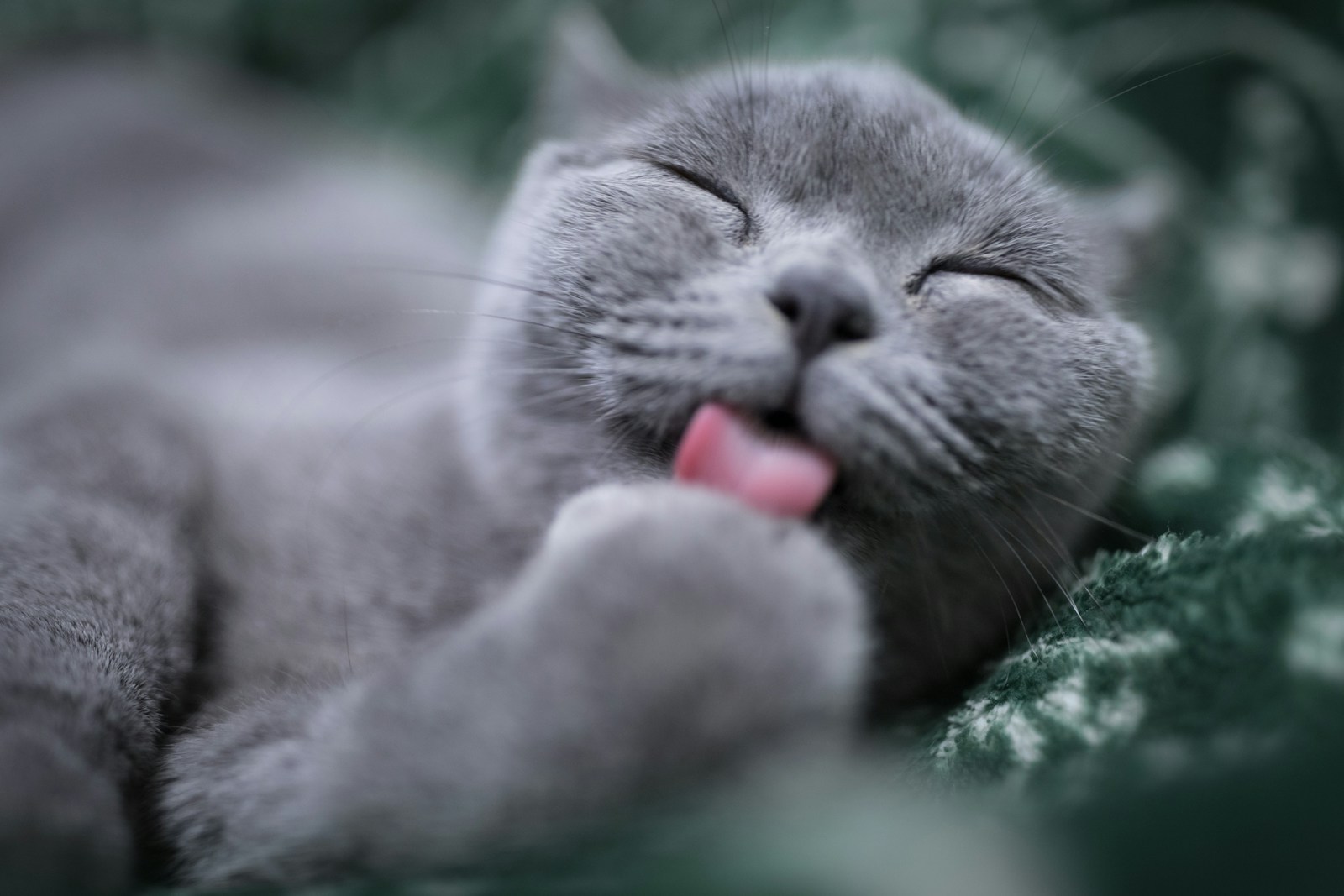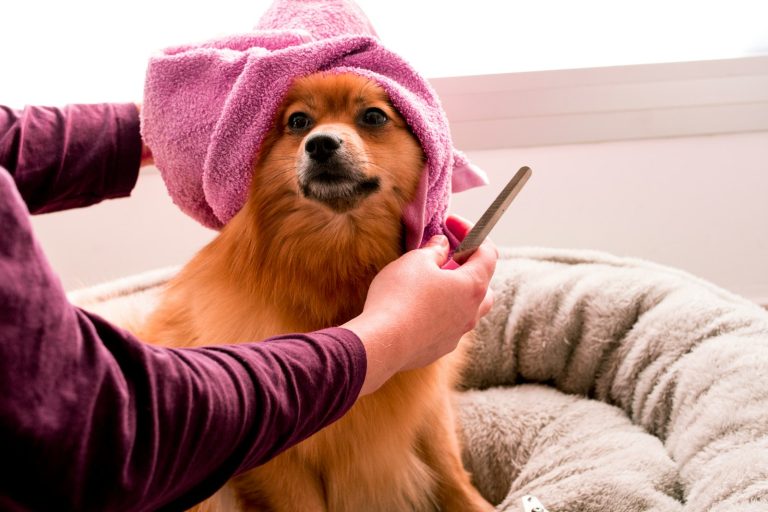The Great Lick Debate: Does My Cat Really Need Grooming?
Cats are renowned for their meticulous self-grooming habits. Their rough tongues act like natural combs, distributing oils and removing loose fur. This begs the question: do cats, unlike their canine counterparts, truly need dedicated grooming from their human companions? The answer, like most things feline, is a nuanced “it depends.”
The Self-Sufficiency Myth
While cats are self-cleaning champions, their efforts have limitations. Short-haired breeds may manage quite well with minimal assistance. However, longhaired cats struggle to groom their entire coat effectively. Mats can develop, causing discomfort, hindering movement, and even trapping dirt and parasites. Brushing helps prevent this, keeping your feline friend comfortable and healthy.
Hairball Havoc
Regular grooming plays a vital role in hairball control. As cats groom, they ingest loose fur. This fur can accumulate in their stomachs, leading to uncomfortable hairballs that they struggle to expel. Brushing removes loose fur before it gets swallowed, significantly reducing the frequency and severity of hairballs.
Early Detection of Issues
Grooming provides a valuable opportunity to inspect your cat’s skin and coat for abnormalities. Lumps, bumps, rashes, or signs of parasites can be easily missed during casual petting. A dedicated grooming session allows you to identify potential health issues early on, facilitating prompt veterinary attention.
Senior Support
As cats age, their once-vigorous grooming routines can decline. Arthritis or other ailments can make it difficult for them to reach all areas of their bodies. Regular brushing helps maintain their coat health in these situations and prevents the discomfort of matting.
Building the Bond
Grooming doesn’t have to be a chore. It can be a cherished bonding experience for you and your cat. The gentle stroking motion of brushing can be calming and relaxing for both of you. Positive reinforcement with treats and praise further reinforces the positive association with grooming.
Beyond the Brush
While brushing is a cornerstone of feline grooming, other aspects deserve attention. Regularly cleaning your cat’s ears with a vet-approved solution prevents ear infections. Trimming their nails when necessary ensures they don’t snag carpets or furniture, and can also lessen the risk of ingrown nails.
When to Seek Professional Help
While basic grooming can often be done at home, certain situations may necessitate professional intervention. Severely matted fur can be painful and require sedation for removal. Cats with particularly thick coats or challenging temperaments may benefit from the expertise of a professional groomer.
Respecting Feline Preferences
Not all cats are grooming enthusiasts. Some may tolerate brushing for short periods, while others vehemently resist any attempts. It’s crucial to respect your cat’s preferences. Start slow, introduce grooming in short, positive sessions, and prioritize their comfort.
In Conclusion
Cats may be self-sufficient groomers, but dedicated grooming from their humans offers undeniable benefits. From preventing matting and hairballs to facilitating early detection of health issues and strengthening the bond, regular grooming goes a long way in ensuring your feline friend thrives. By understanding your cat’s individual needs and respecting their preferences, you can create a grooming routine that keeps them healthy and happy.




